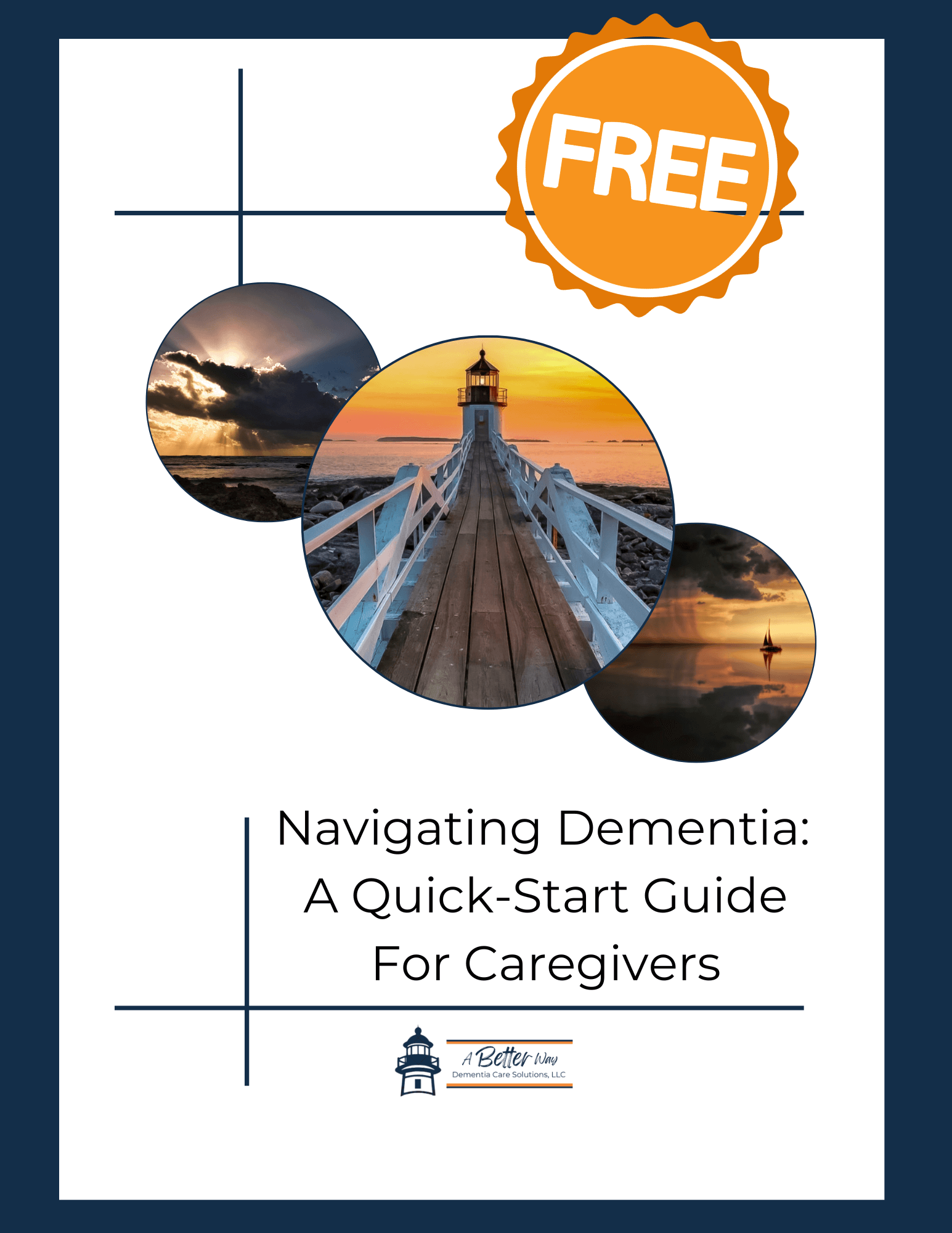
Caring for someone with dementia can feel overwhelming and isolating. The GUIDE Program, launched by CMS, is designed to support both you and the person you care for. Here is a plain-language breakdown of what it is, why it matters, and how it can help.

When dementia makes driving unsafe, caregivers often face the heavy responsibility of figuring out transportation. This guide explores why giving up the keys is such an emotional change, what it means for caregivers, and practical solutions, from weekly planning to ride services like GoGoGrandparent, Uber’s phone line, and community programs.

Knowing whether it’s safe for the person you care for to continue driving is one of the most emotionally fraught decisions you may face. In this post, you’ll learn about safe and supportive ways to evaluate driving readiness- with expert-backed options to guide you every step of the way.
Read more...
When driving safety becomes a concern, caregivers need clear steps for what to do next. This post walks you through evaluations, legal options, and ways to support a respectful transition.
Read more...
Caring for someone with dementia often means mealtimes feel overwhelming, frustrating, or unpredictable. Appetite changes, swallowing challenges, and constant adjustments can leave you wondering if you’re doing enough. That’s why I created Calmer Meals in 5 Days, a simple step-by-step email course designed to help caregivers build calmer, more nourishing mealtime routines. In just five days, you’ll learn practical strategies, get printable tools, and feel more confident supporting the person you care for at the table.
Read more...


